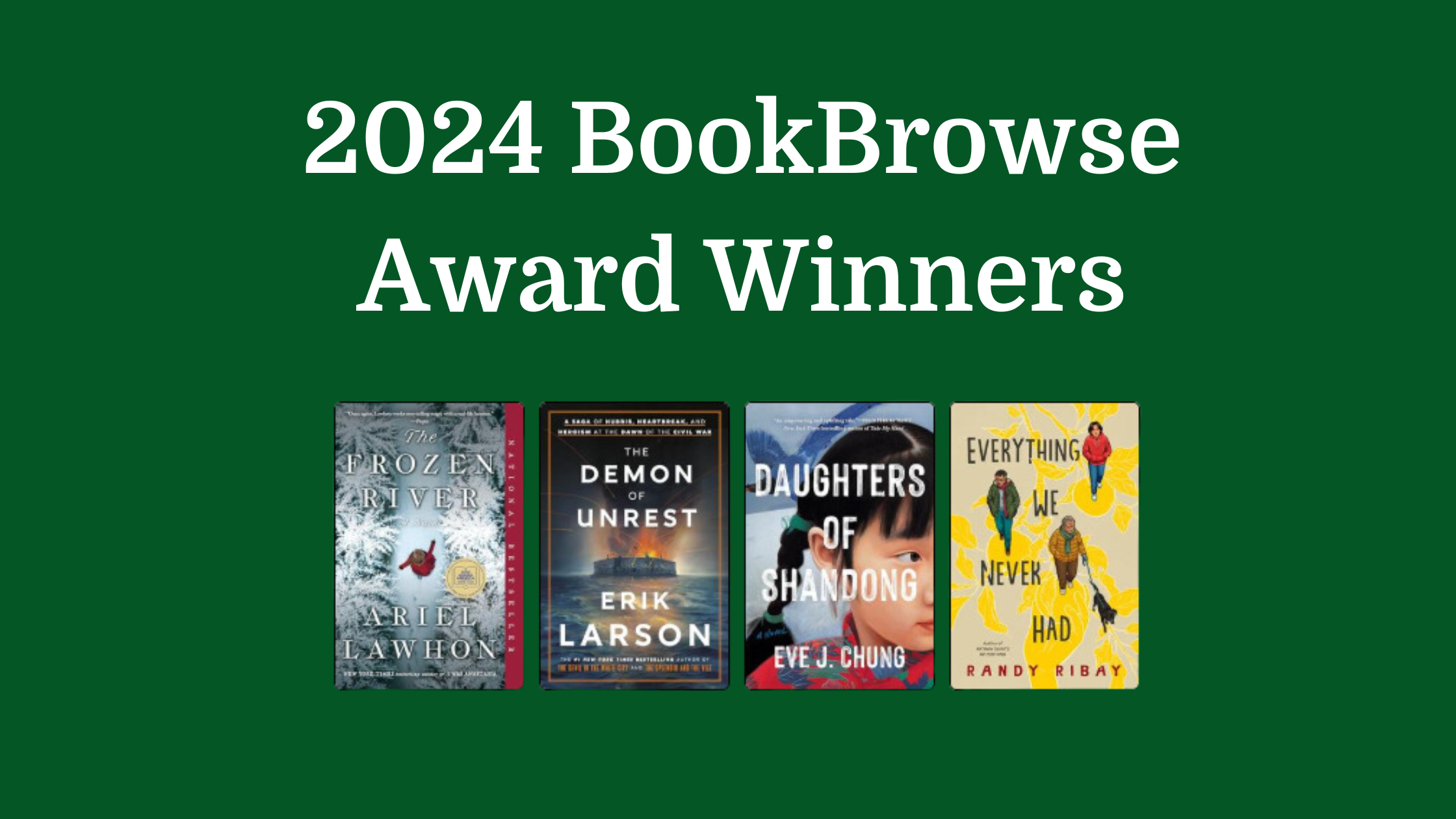Wondering what to read this February? Here are just a few notable selections we think are worth checking out. They include both fiction and nonfiction, and have great potential as book club selections or solo reads. Reviews of some of these titles are planned for upcoming issues of our digital magazine, and we're excited to cover them for you in the coming weeks.
January is a notoriously dismal month, but it’s also an exciting time for books, when the new year’s first great releases begin to tumble forth. Below are a few of the titles we’re most looking forward to in the early weeks of 2025.
All year long, BookBrowse Book Club members meet in our online forum to discuss the latest featured titles. In 2024, we’ve hosted stimulating discussions of 19 books, a couple of which are still in progress and all of which are available for you to browse in full. Below, we glance back over some of our most popular selections. We hope you enjoy perusing them and find them a useful resource (and inspiration!) for your own book club discussions.
We look forward to the coming year and the future of our new forum, where members can not only join in on our planned discussions but have all kinds of conversations on book-related subjects. The forum is open to everyone to read and follow along, so please visit. If you’re excited about any upcoming discussions, we recommend signing up for a one-time notification to be alerted when they begin. We hope to see you there!

Each year, BookBrowse subscribers vote on the books that will make up the annual Top 20. Our 2024 list features an eclectic mix of writing and genres, covering books we’ve included in our twice-monthly e-zine as well as write-in nominations. Now, we're excited to bring you the awards for the highest-rated titles across four categories: Top Fiction, Top Nonfiction, Top Debut, and Top Young Adult.
Reading books is a fulfilling, engaging pastime. Reading what other people have to say about books is just plain fun, and an enticing way to find your latest great read. BookBrowse's First Impressions program brings honest, informative reader reviews to discerning book lovers. By only accepting reviews from members, who receive books months ahead of publication, we ensure that the ratings and opinions given are free from outside influence and reflect the personal perspectives of readers.
In 2024, our First Impressions readers reviewed more than 30 books. From those, we’ve chosen the most well reviewed selections to feature below. We hope you enjoy exploring these titles, plus the hundreds in our archives, and we look forward to bringing you more reader-reviewed books in 2025!
As we review new titles at BookBrowse throughout the year, we also strive to bring you intriguing interviews with our featured authors. Author interviews can provide glimpses of the visions behind books we love, make us excited about reading books, and serve as enjoyable reading experiences in themselves, especially when they unfold as in-depth conversations between interviewers and writers. Below, we highlight just a few of our favorite Q&As with authors whose books we covered in 2024.